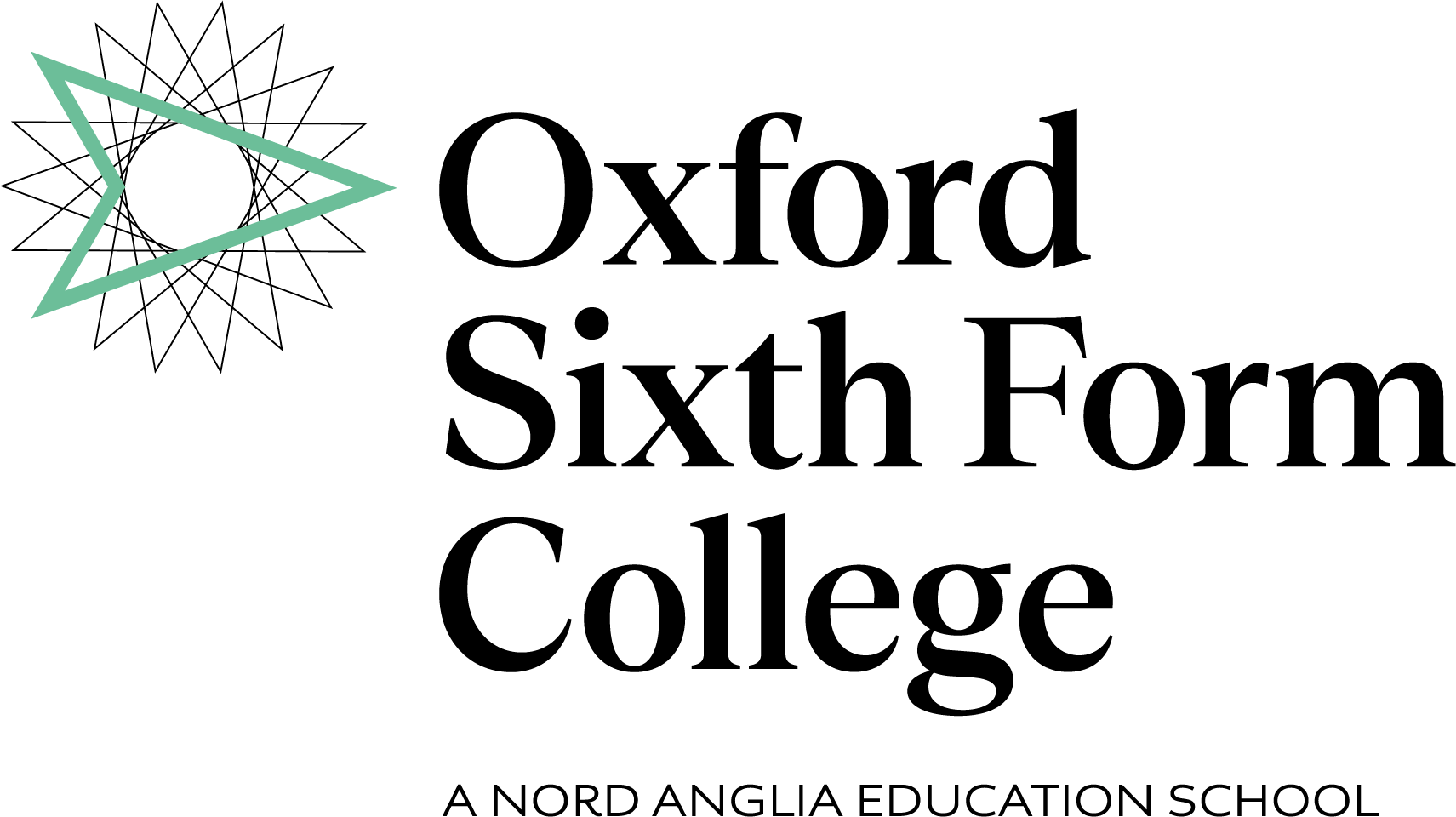GCSE Physics
Physics is one of the most exciting courses available – you will learn about the scale of the universe and how the world works. You will learn about some of the most important discoveries and how they have shaped life today.
What is Physics?
Physics is the study of energy, forces, mechanics, waves, and the structure of atoms and the physical universe. Physics is about unravelling the complexity of the universe to discover how and why it works. The principles of physics have paved the way for countless technological advances. The contributions of physics to solving global problems such as energy production, environmental protection, global warming and public health are huge.
What will I study?
GCSE Physics covers many interesting and fundamentally important areas of Physics, including forces and motion, electricity, waves, space and astronomy, sustainable energy, radioactive decay and radiation. You will become increasingly confident in dealing with scientific problems and you will develop as a scientist yourself, knowing how to use scientific methods to investigate and test theories.
What will I gain from studying Physics?
GCSE Physics helps you to understand how the world works, from everyday things like microwave ovens and mobile phones, to the birth and death of stars and what happens inside atoms. It trains you to think logically and solve problems. It is great preparation for many careers including engineering, architecture, law, science and medicine.
How is it assessed?
Paper 1:
Topics 1–4: Energy; Electricity; Particle model of matter; and Atomic structure.
- Written exam: 1 hour 45 minutes
- 50% of GCSE
Multiple choice, structured, closed short answer and open response.
Paper 2:
Topics 5–8: Forces; Waves; Magnetism and electromagnetism; and Space physics.
Questions in Paper 2 may draw on an understanding of energy changes and transfers due to heating, mechanical and electrical work and the concept of energy conservation from Energy and Electricity.
- Written exam: 1 hour 45 minutes
- 50% of GCSE
Multiple choice, structured, closed short answer and open response
What do I need?
You should have studied Science and Maths before. You should be curious about how the world works and ready to make connections between what you can observe about the world and scientific principles. You need to be willing to work hard and be challenged. You need to be willing to take part in regular practical sessions.
Questions
When is this exam available?
This exam is available in May/June every year.
Accreditations



